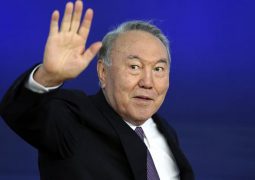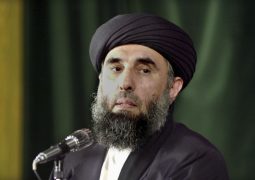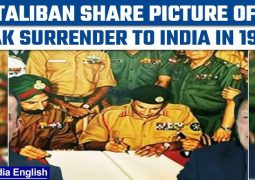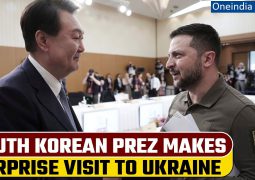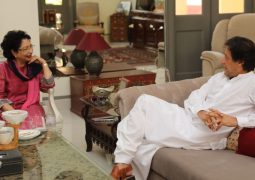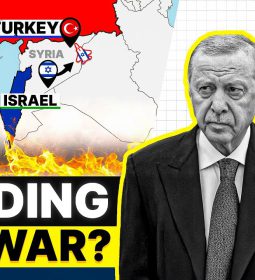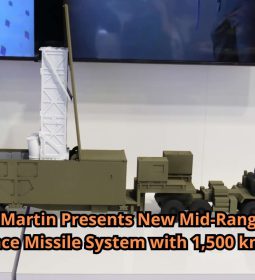American Ambassador to Japan proposes NATO-like economic group to repel China


The United States and its allies should form a coalition that can be a sort of NATO to counter China’s economic coercion with a unified stance, Washington’s envoy to Japan said in an opinion piece published Wednesday.
U.S. Ambassador to Japan Rahm Emanuel said in an article for The Wall Street Journal that the administration of President Joe Biden has succeeded in expanding multilateral security partnerships in the Indo-Pacific region and now is the time to consider adding new economic measures against China.
One idea could be such a trade-defense coalition, Emanuel said, and for that to be effective, he suggested it “would need the economic equivalent of the North Atlantic Treaty Organization’s Article 5 — an attack on one is an attack on all — at its core.”
Cartoon published at “Global Times”, Beijing, China
Cartoon published at “Global Times”, Beijing, China
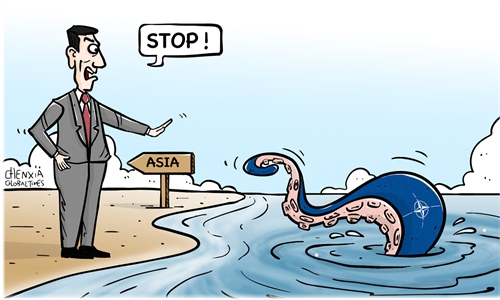
Cartoon published at “Global Times”, Beijing, China
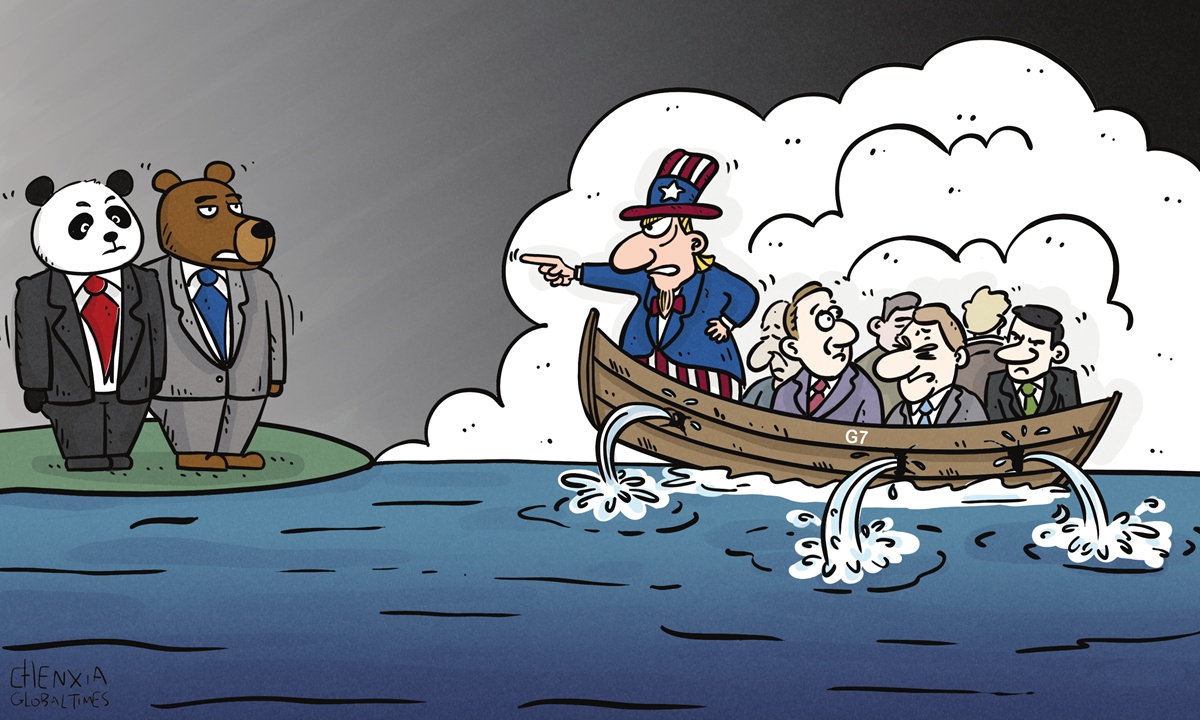
Cartoon published at “Global Times”, Beijing, China
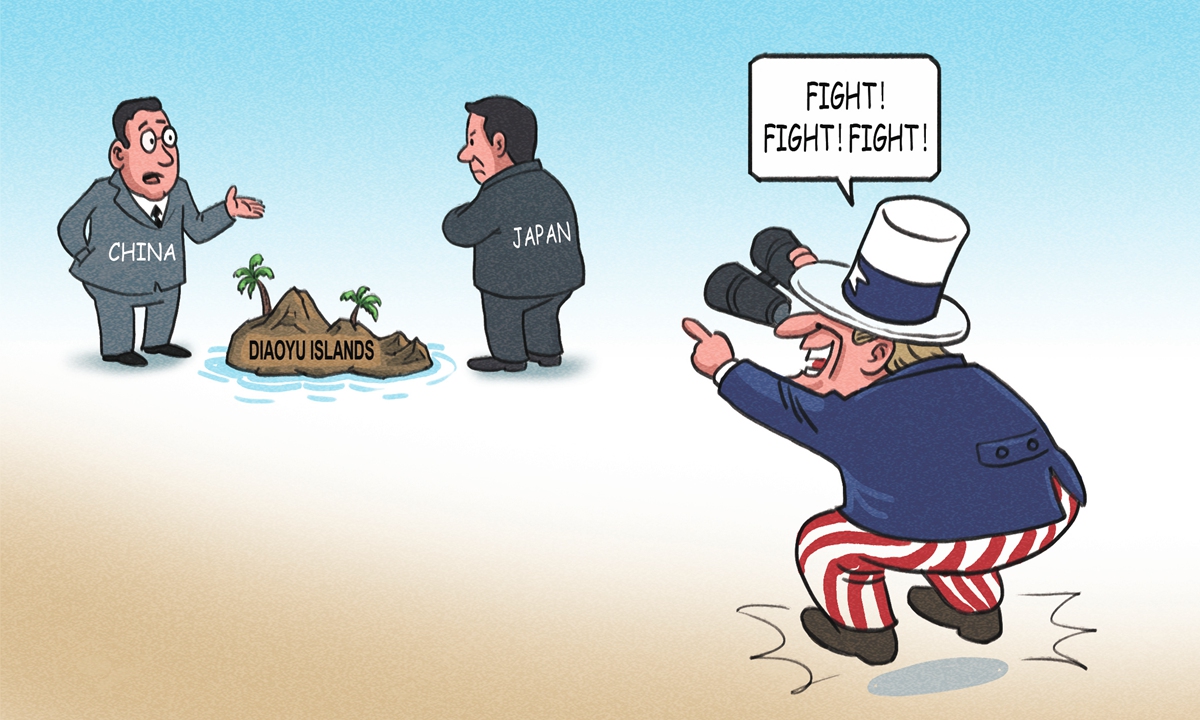
Cartoon published at “Global Times”, Beijing, China
Emanuel said countries such as Australia, which had to grapple with higher tariffs imposed by China after calling for an independent probe into the COVID-19 outbreak in 2020, have provided valuable lessons.
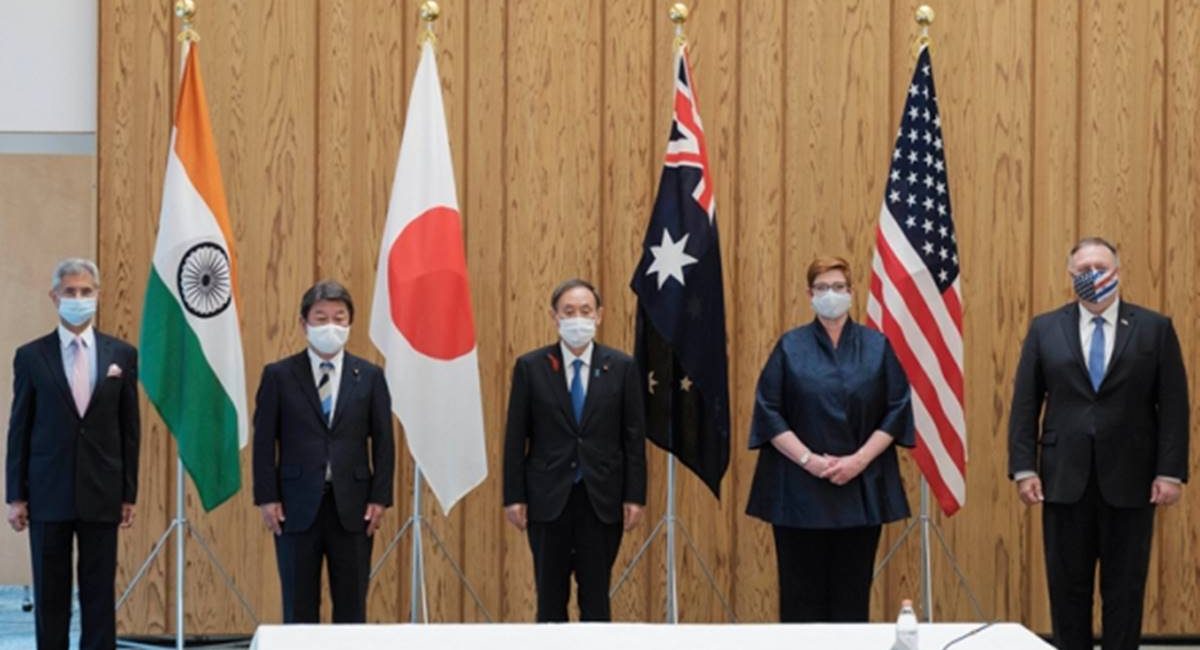
He suggested the importance of like-minded countries working even more closely, given that Australia curbed its economic reliance on China by expanding exports to other markets with the help of its network of allies and making it possible for Canberra to eventually force Beijing to back down.
He said the United States “must now further integrate economic statecraft into its wider strategic latticework architecture.”

His proposals come as Japanese Prime Minister Shigeru Ishiba’s idea of creating a NATO-like collective defense architecture in Asia has grabbed headlines.
The ambassador, known for his tough stance on China, was chief of staff to former President Barack Obama between 2009 and 2010, and speculation is rife that he will assume a key post if Vice President Kamala Harris wins November’s presidential election.

While acknowledging the need to better deal with growing threats from China, North Korea and Russia, many officials in Tokyo and Washington, as well as in other Asian capitals, view Ishiba’s concept as unrealistic.

Ishiba has also played down the idea after becoming Japan’s prime minister on Oct. 1.
- Previous Japan PM Ishiba’s talk of Asian NATO “is a it as a long-term goal”, opts to joint decisions on nukes use
- Next Were they learned ever!? Lessons for US from Iran missile attacks on Israel for defending against China




